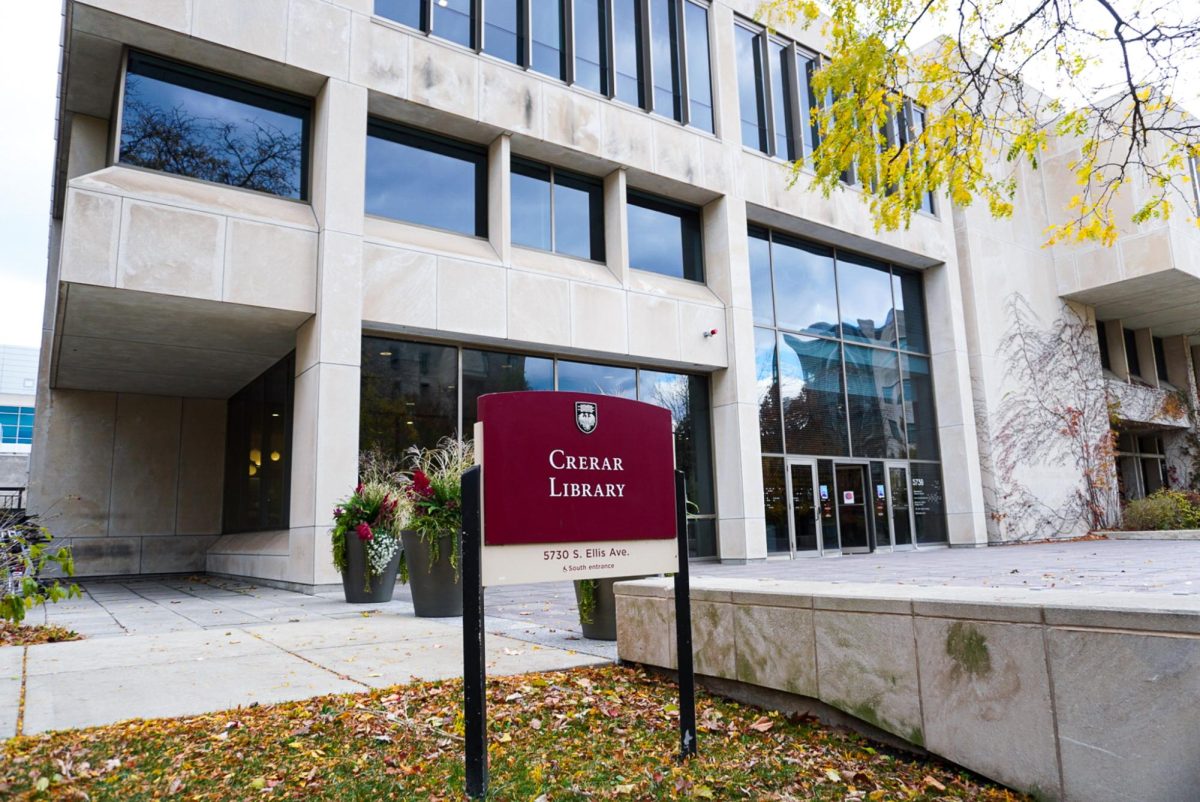Advocacy in the health care sphere is marked by a relative diversity of opinion in mainstream discourse. Some people openly advocate a centralized, government-run, tax-funded comprehensive health care system, while others defend private insurance and market-based reform alternatives. There is, however, a striking uniformity of opinion on one fundamental notion: the idea that health care is an issue on which some type of government policy should be formulated. As soon as this issue is so regarded, the machinery of confiscation steps in to redistribute wealth between people, and the debate breaks down into factional conflict between putative subsidy recipients. To fix this, we must cease to regard health care as a matter of policy, and drastically shrink the government’s presence, to allow people to arrange for themselves.
Consider the public option. Advocates paint such a government-run health insurance company as a benign market participant like any other. Take it or leave it, the public option is merely a welcome dose of market competition, such advocates exclaim. However, such an option will probably end up subsidized, as have government insurance programs throughout history. At their inception, the Federal Savings and Loan Insurance Corporation (FSLIC), the Federal Deposit Insurance Corporation (FDIC), federal flood insurance, and of course Social Security, Medicare, and Medicaid, were supposed to break even. The FSLIC, Flood Insurance, Medicare, and Medicaid are now subsidized, while the FDIC is one bankruptcy away from drawing general fund money and Social Security is falling off a demographic cliff. Like these, the public option will be just one more way of shifting wealth from taxpayers to policyholders.
That federal interventions redistribute money and distort markets, typically with harmful net effects, isn’t new. The industry’s present state, and its imbalances, is primarily the result of our government’s prior interventions, all of which were as clever and well-meaning as today’s proposals.
Medical school enrollment is unbalanced, as the number of doctors trained shrinks, even as demand shoots out of control. Students flock to apply to medical school because of soaring salaries, but can’t get in even though many of them would make fine doctors.
Drug development is flawed, as drugs take years (or even decades) and many millions of dollars to push through FDA approval, restricting development to large, well-connected companies and biasing all research in favor of billion-dollar wonder drugs for mass-market diseases like erectile dysfunction, and against basics like new antibiotics. Costs are pushed up unnecessarily.
Health care in this country runs on the insurance model largely because of governmental action. The modern system of comprehensive health insurance began during and after the Second World War, as wage caps and confiscatory income taxes encouraged employers to find non-monetary compensation schemes, prime amongst which were employer-provided health insurance. From the 1960s onwards, the government has made the link more explicit by providing subsidized insurance for some classes of people, and by conflating medicine with insurance in the popular imagination.
Insurance is a risk-spreading vehicle (lubricated by beneficence or profits), but when used for routine costs, or for discretionary expenses, it insulates the insured from any incentive to reduce costs or measure benefits. If any other routine cost, like groceries or gasoline, was covered by insurance policies, users would stop caring if their shrimp cost $5 per pound or $50, or whether their car got 10 miles per gallon or 80. Precisely this has happened in health care, where our insurance-based system leaves costs spiraling out of control, unnecessary procedures running rampant, and preventative care neglected in favor of heroic intervention. The price incentives that control market behavior have no traction.
These specific problems might be fixed. A wave of medical school subsidies, could fix the medical school problem. FDA drug approval could be streamlined, or, better, eliminated. But the fundamental problem will remain, nonetheless, as long as health care is a matter of government policy. Everyone will clamor for subsidies, and subsidies will produce destructive distortions so long as the world is more complicated than regulators are clever and prudent.
To really fix anything, we must first do away with the idea of health care as policy. The notion of government deciding on a proper outcome and stepping in to enforce it is as inappropriate for medicine as it is for airlines, agriculture, restaurants, or steel mills. Rather than arguing over the best way to expand government control, we should be rolling back the malincentives that contribute to the present problem. Incentives that prioritize health care over other sectors, as well as employer-provided insurance over other forms of organization, must end. Mandated coverage must not be enacted. The public option and other government insurance schemes must be repealed and not expanded. Consumers must be free to carry heavy insurance, minimal policies, or none at all. Medical school licensing must be loosened. FDA drug approval must be eliminated or heavily reformed. In brief, the government should simply stop interfering in health care, carefully minding the first exhortation of the Hippocratic Oath: “Do no harm.”
Ari Allyn-Feuer is a third-year in the College majoring in biology, chemistry, and mathematics.






